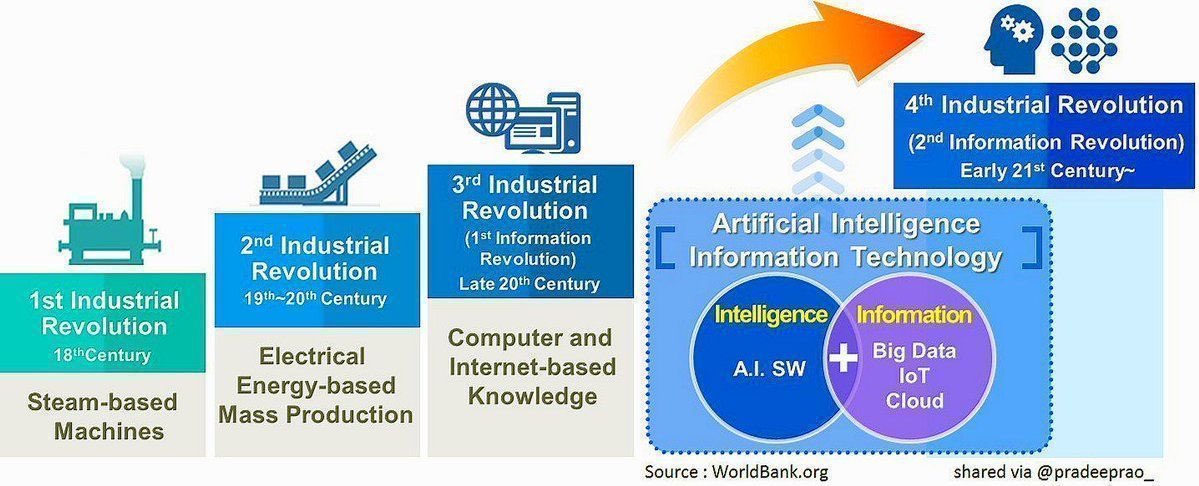Future skills in high-tech manufacturing, Dr Ian Jones trip to Brussels.

In September 2019, our CEO, Dr Ian Jones was invited to the European parliament in Brussels for the launch of BioPharmaChem Ireland’s 5-year strategy document. Ian was part of the delegation that went over to meet several members of the European Parliament to confer on the topics like advanced manufacturing, data analytics and how automation will disrupt not only Ireland but globally. The objective was to highlight the key changes that are going to happen over the next decade to Europe and Ireland’s (Bio)Pharma Industry.
We have a strong (Bio)pharmaceutical Sector in Europe. There are 750,000 people directly employed in the Pharma sector in Europe and up to four times more employed indirectly. Europe is home to the Biopharma industry, being the oldest manufacturer of drugs. Ireland is a key part of the strong Pharmaceutical presence in Europe, as an island of developers and manufacturers. According to the IDA, the industry has made a capital investment of €10 billion in new facilities in Ireland over the past 10 years which represents close to the biggest wave of investment in new Biotech facilities anywhere in the world. As we move into the fourth industrial revolution, which is driven by advancements in technology, we must remain competitive in this sector due to the high percentage of high-tech manufacturing in Europe that already exists. The challenge is how do we do this? And how do we retain the strong position that we hold when we are competing against countries like China and India. For example, India plans to upskill 2.1 million in the life sciences sector. However, Europe and more significantly Ireland has a deep pool of talent. This is our greatest natural resource. We must use this to our advantage when shaping our future.
One key trend that was discussed was the shift in skills. To stay competitive, we must identify the skills shift that is needed to support the changes brought by Industry 4.0. Due to advancements in the Pharmaceutical sector, there will be a significant increase in accuracy and automation. Our CEO believes that people will need the knowledge of artificial intelligence, data analytics, process modelling, automation and data transferring of machinery to name a few. As well as soft skills such as technical skills, transferable skills, being able to summarise data and talk to people will be important too. Like many industries, the pharmaceutical industry is only at the beginning of its 4.0 journey. The rate of adoption of these technologies will increase significantly over the next decade as returns on investment in change become more tangible. The extent and depth of these changes are a sign of transformation to the entire production, management and governance systems.
According to a 2018 PwC survey, 60% of (Bio)Pharma CEO’s globally are concerned about a digital talent shortage. Their 2020 survey found that CEO’s who have embraced the importance of up-skilling are realising the rewards through higher workforce productivity and innovation. Data Analytics has become critical to the (bio)pharmaceutical industry. Data Analytics within a (bio)pharma context includes how the data is generated, accessed, stored, analyzed and how it is used to make product-related decisions. All these needs are not un-related to other industries. However, the additional regulatory requirements and data security issues that arise within the biopharmaceutical context are unique. Therefore, we must provide our people with the skills necessary to meet the expectations of Pharma 4.0. If you want to know more about it, check out our digital transformation industry guide.
The strength of the skills and talent in Ireland and across the EU needs to be carefully managed and expanded on while moving into the future. We must be innovative and adapt to the new trends that Industry 4.0 brings by providing the people with the necessary skills, otherwise we will be left behind. Ian believes that Europe and more specifically Ireland, need to be innovative in coming up with impactful and scalable ways to up-skill and cross-skill our employees. 10 million new jobs that will be created as a result of advanced manufacturing and the change in the industry, so we need to provide the right skills to fill these roles. People’s ability to be collaborative and agile will be key.
No change will happen without the support of the larger bodies. It is great to see that the Irish and European governments are significantly increasing funding for the Skills and Education sector and this will support making the changes needed to sustain our strong position of hi-tech manufacturing in Ireland and Europe.
This is where Innopharma fit in. All of the concepts that emerge from Industry 4.0 align with what we do at Innopharma across our three divisions of Education, Services & Technology. We support high-tech industries make that change to a future state of work, whether it is education and skills, up-skilling people in niche technical areas of validation and analytics or developing sensors and advanced manufacturing platforms to get our machines talking. We help these high-tech industries develop and make products faster and more efficiently – in a safe way.
Check out our Industry 4.0 certification in Advanced Manufacturing strategy.



















